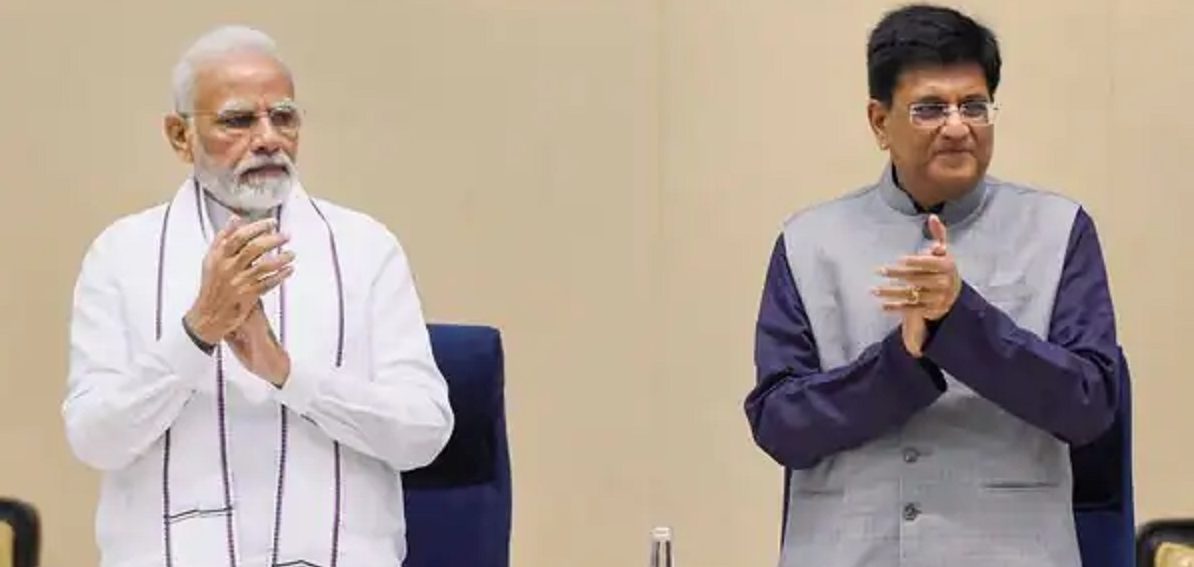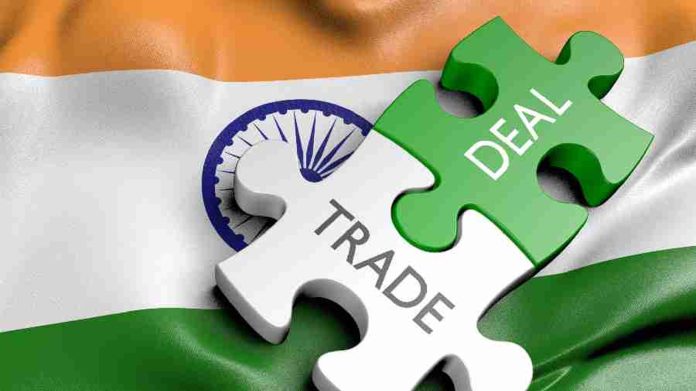- For the past two years, there has been much discussion about the pandemic-related economic collapse that severely affected the world’s supply chain. Then came the poorly timed and poorly advised Russian confrontation with Ukraine, which did nothing but exacerbate the already damaged global economy. Afterward, the international community was forced to deal with the Chinese leadership’s assertive, aspirational, doubtful, and thoughtless stubbornness, which made no effort to conceal its more blatant attitude towards established global harmony. Following Beijing’s deception in Galway, the unchecked expansionist agenda of the Dragon Nation also had a huge negative impact on bilateral relations between China and India.

PC: op-ed
- When Beijing allied with the Russian leadership only to enrage the peace-loving nations, its brashness, and contempt for tried-and-true diplomatic standards came to the fore. It is understandable why the USA-led Western and European nations opposed Chinese aggression even while several illustrious multinational corporations began relocating their headquarters to other friendly nations. The Indian government saw an opportunity to get large corporations to invest by spreading out the red carpet and promising to provide full support. As a result, signing free trade agreements that benefit both parties is not only essential but also enables any ambitious country to favorably position itself in the overall scheme of things.
- The Indian government seems to have considered the multilateral agreements, in particular, to be less than friendly. India should focus on the more advantageous Indo-Pacific multilateral accords rather than the FTAs being considered, notably the ones with the UK and Canada. Be aware that India appears to be close to signing three free trade agreements with the UK, Canada, and the EFTA, a group of four trading nations that includes Iceland, Liechtenstein, Norway, and Switzerland. It has been noted that it is difficult to determine how much these negotiations will address topics like sustainability, resilience, labor, gender, and digital trade because richer nations will always favor higher performance.

PC: PTI
- India may only be able to compete with them in terms of digital infrastructure and penetration, giving it an edge over rivals. What’s more, India is squandering a lot of energy on what will most likely be very small returns. For instance, considering that bilateral trade between the two nations was a pitiful $20.36 billion in 2022–2023, the India–UK FTA only makes sense if London commits to a liberalized framework for India’s skilled labor. Similar to this, the planned interim agreement with Canada is supported by $6.6 billion in service trade and $8.2 billion in product trade in 2022.
- As the global economic axis shifts to the Indo-Pacific area and the West attempts to de-risk China, here is where the real trade game is being played today. India has refrained from joining both the Comprehensive Progressive Trans-Pacific Partnership (CPTPP) and the Regional and Comprehensive Economic Partnership (RCEP) (CPTPP). India should swiftly join these organizations, which will be good for us and prevent China from participating. India must not be content with crumbs and must have the guts to take the cake that is being offered.






